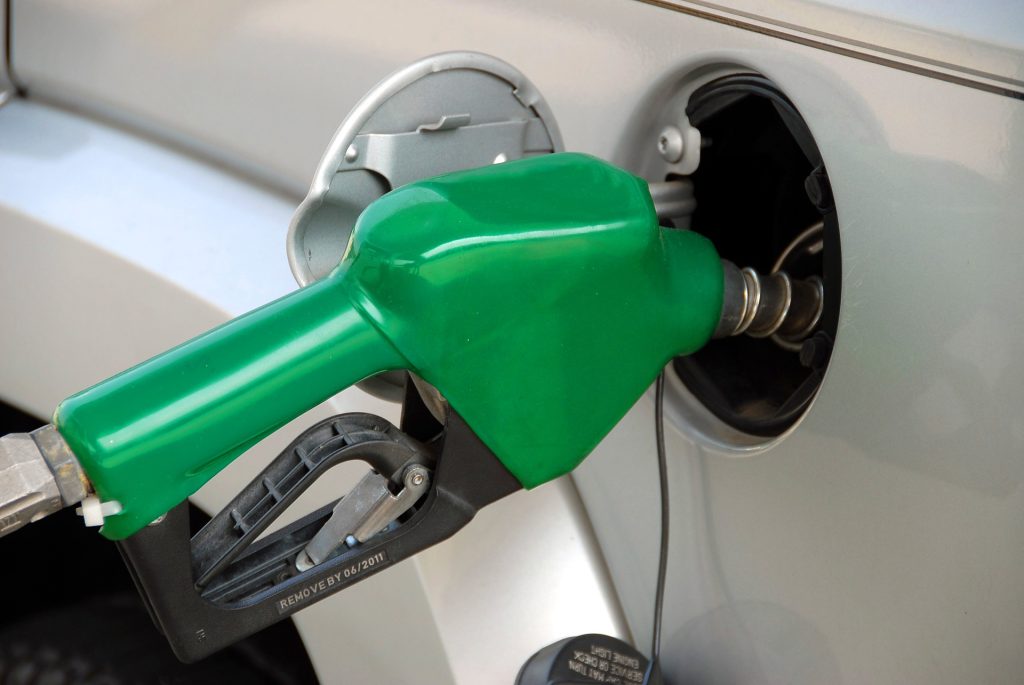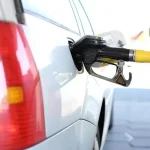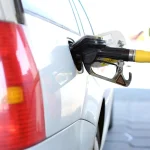Petrol and diesel are going down in history, the future is on electric vehicles, and the European Union on Wednesday is proposing a strategy to achieve carbon neutrality in the fight against climate change in the next decade, reports Index.hr.
The old continent is the cradle of prestigious car brands and has dominated car innovation for more than a century, but the car, which is the number one means of transport for Europeans, is to blame for greenhouse gas emissions.
Faced with this pressure, the European Union set a goal in 2020 to achieve carbon neutrality by 2050.
The European Commission is expected to propose new regulations on July 14 to achieve that goal, and according to several sources, the complete abolition of car emissions that use petrol and diesel from 2035 is being considered.
Electric vehicles will be the only ones able to meet such a requirement and will de facto be the only permitted means of transport in a completely new market.
In 2020, Europe introduced a maximum limit of 96 grams of CO2 per kilometer for car designers, but that amount should be reduced by 37.5 percent in 2030.
The reduction in carbon emissions should thus reach 60 percent in 2030 and then 100 percent in 2035.
Although these figures are still being debated, they are a huge compulsion for the automotive industry, which by 2027 must reckon with stricter pollution regulations for internal combustion engines with the use of petrol and diesel.
Takeoff of electric vehicles
In the automotive market, which has suffered a severe blow from the coronavirus pandemic, electric vehicles are making strong progress.
The share of electric cars is 8 percent of all registered vehicles in Western Europe in the first five months of this year, or 356,000 vehicles, and “which is more than in the whole of 2019,” says German analyst Matthias Schmidt.
The new regulations will further favor electric vehicles and increasingly lead to the rejection of hybrid and hybrid vehicles with charging, which combines a petrol engine and a battery.
This is a major challenge for an industry that employs 14.6 million people in the European Union and that still counts heavily on “transition technology”.
The lobby that has struggled for a long time in an effort to slow the transition is deeply divided today. Most members stress that too fast electrification would raise car prices and destroy jobs in favor of Chinese competition, which is ahead of Europe in batteries.
Volkswagen is ready
The automotive leader of the Volkswagen Group, whose fourth vehicle is sold in Europe, joined U.S. manufacturer Tesla in promoting 100 percent of electric vehicles after the 2015 scandal when he admitted to falsifying test results on the exhaust gases of his diesel engines.
“There is a huge conflict within the European Automobile Manufacturers Association (ACEA). Because of Dieselgate, Volkswagen has been forced to choose electric vehicles to repair its damaged reputation. The group has agreed to huge investments and is now producing them to comply with future laws,” explains Matthias Schmidt.
“Volkswagen is in a perfect position to grab market shares and beat competitors,” he adds.
In June, Volkswagen announced that it would stop producing internal combustion engines in Europe between 2033 and 2035.
“The vehicle has been on the road for an average of 15 years. If we want to completely decarbonize transport in 2050, then we have to sell the last vehicle with a thermal engine by 2035 at the latest,” said Diane Strauss of the NGO Transport and Environment for France.
In a classification released in June, the NGO named Daimler (Mercedes), BMW, Stellantis (PSA, Fiat), and Toyota as manufacturers whose projects were rated “unambitious” because they rely heavily on polluting hybrid vehicles.
Renault and Hyundai got better ratings even though they are also far behind Volkswagen and Volvo.
The future of internal combustion engines should be balanced between “2035, which is a premature year from the point of view of industry and society, and 2040 when it will be too late from the point of view of climate,” said Pascal Canfin, chairman of the European Environment Committee. parliament.
Canfin advocates the creation of “several billion euros” funds that would help hundreds of small and medium-sized companies related to the automotive industry because it will be affected by the change in technology.
For more news about Croatia, click here.












